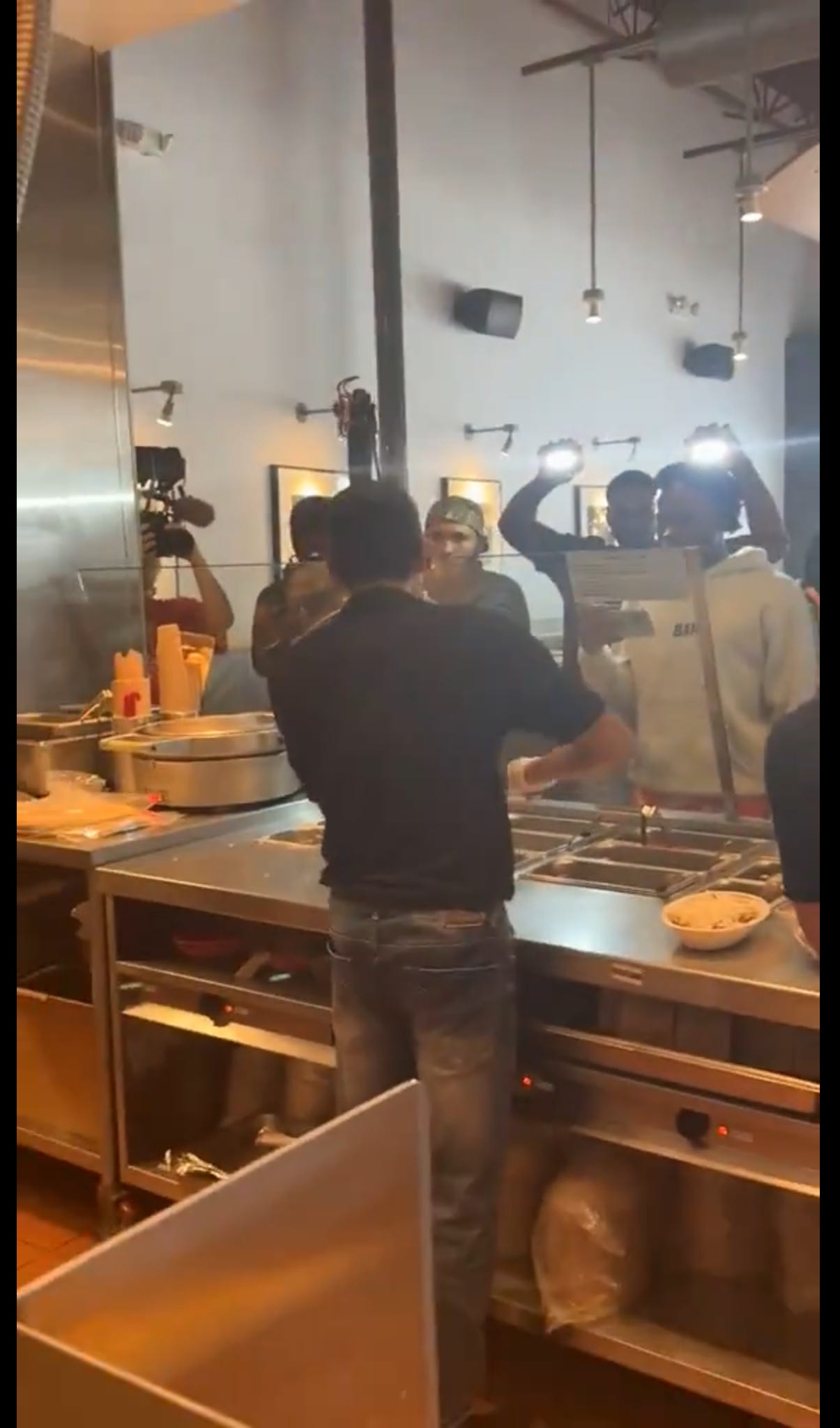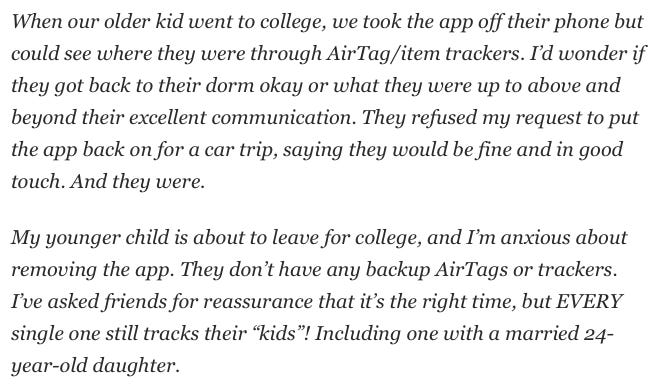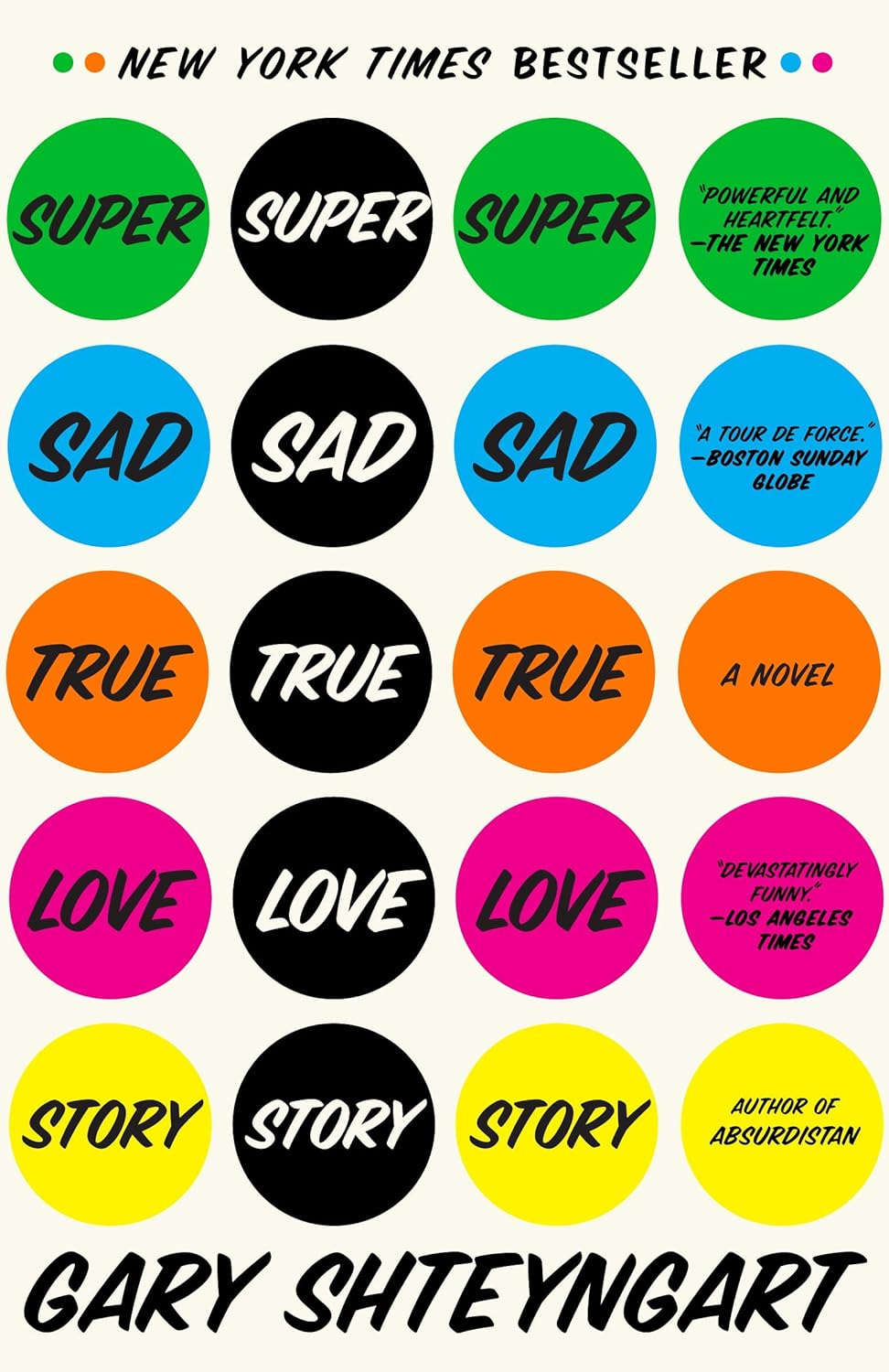I try not to spend too much time thinking about which dystopia we’re heading towards (or maybe living in), but I was triggered this week by this video.
For those who don’t want to click - though I recommend you do - it is a scene capturing what is apparently a new trend of customers filming workers at Chipotle while their orders are being assembled.
The theory is that if you film the making of your bowl/burrito/taco, you will get a larger portion, as the Chipotle line worker will be self-conscious about making sure not to short the amounts. There are many videos from the customer side of this phenomenon, but this video is from behind the counter, as you can see in this screenshot.
Yes, that is a multi-camera crew, including sound and lights. It’s actually so over-the-top I can’t be certain that it isn’t something of a hoax (in terms of the full production crew), but I know for a fact that individuals filming the making of their food is widespread enough it’s made the mainstream media.
I know there’s many bigger injustices going on in the world on a daily basis, but there is something about this act that really made me spiral a bit regarding the hopelessness of humankind. There’s something just so aggressively anti-social about it. It exhibits not only a willingness to disregard the humanity of the people working at Chipotle, but the person filming the video is also declaring that the price of their own dignity is a little extra guac.
I also find the normalization of person-to-person surveillance via the phone just sort of horrifying. I know there’s a lot of handwringing about how smart phones have supposedly destroyed our attention spans and even created generational anxiety among young people, but I’m more bothered by people either volunteering to be surveilled (by broadcasting so much of their lives on video) or deciding that they have the right to track the lives and movements of others because the technology makes it possible.
Washington Post advice columnist Carolyn Hax recently received a letter from a parent who was worried about not being able to continue to track her child once the child went to college and the app they’d been using while the child was under the family roof would be removed at the child’s request. The letter included this passage:
I try not to be too “old man yells at cloud” about shifting norms. I came to grips with the fact that the college students I taught found it strange to not be in touch with a parent or guardian every single day, even as I had concerns about that contact interfering with the student developing agency and self-efficacy. I would only say something when the behavior directly interfered with my responsibility as the student’s instructor, like if a parent contacted me on behalf of their child, a thankfully rare occurrence, at least at the time.
But this is a mom who has internalized a notion that tracking one’s children into adulthood is, if not normal, at least justifiable.
Hax shut it down, pointing out that it is bizarre to believe you have to know where your adult children are every moment of the day, and that inviting this kind of anxiety - worrying when a child is not where they’re “supposed” to be - is terribly unhealthy. At some level the mother knows this, which is why she’s sent her question in to a newspaper advice columnist, but she apparently feels torn about whether or not she should be doing the obviously right thing and leaving her child free to explore the world free of the digital tether.
It’s like there is no thinking, not even the briefest amount of consideration going on here. The people filming their Chipotle order are apparently not pausing even a nanosecond to consider how they would feel if their work was filmed without their permission. (Perhaps because these are people who live their lives publicly online.) But it’s even worse than that. There’s folks who recognize that it’s wrong to film the workers without permission, so instead, they just pretend to film them, which is apparently okay. After all, if you’re the only one not filming the assembly of your bowl/burrito/taco, you might be getting screwed.
There’s maybe an extra layer of irony here in that Chipotle’s explicit marketing strategy is to position the store and its workers as taking great pride in the quality and preparation of the ingredients. The ads show a smiling worker lovingly chop the adobo chicken sizzling on a flat top grill. I can’t testify to the truth of this positioning since I eat at Chipotle one every couple of years, but I imagine there’s some TikTok’er out there who would justify their extreme anti-social behavior on the grounds that Chipotle is asking for it.
It’s a kind of consumerist nightmare where corporations make promises and the way to keep corporations honest is to record their actions with the potential for public shaming. Those with the biggest platforms come to expect the best treatment. Unfortunately, this is actually the kind of pressure companies respond to, and shamefully, I’m not above using my (by most standards, modestly-sized) Twitter account to get action when the normal channels of customer service fail me.
Last year, when United lost my luggage and I found it impossible to talk to an actual human being via the suggested channels, I took to venting my rage on the app and within minutes a United representative had slid into my DM’s with a special update on the status of my bag.
Considering a dystopian world where our primary purpose is to consume goods while we live under constant, self-imposed surveillance bought to mind a specific dystopian novel, which is looking increasingly prescient.
Gary Shteyngart’s Super Sad True Love Story was published in 2010, and honest-to-god, it is increasingly on the money as a reflection of the society of 2024. In the world of the novel, people must wear personal devices called äppäräts, which sound a lot like the Humane AI Pin, which was recently released to the worst reviews in the history of tech gadgets. They’re essentially smartphones that aggregate and stream real-time data about the person wearing the device to anyone in their proximity, focusing on their credit rating and health status, as well as how good their personality is and how physically attractive they are.
The streets also have sensors that will display your credit rating above your head when you walk under them.
Lenny Abramov, our main character has as good job (and good credit rating) - working for a company that tries to extend life indefinitely - but whenever he checks his own attractiveness, he finds that he’s the at or near the bottom of everyone in the room. Lenny’s story is a midlife crisis narrative set against this dystopia, told in diary form, with the surface-level action following Lenny’s pursuit of the much younger, very beautiful Eunice, whose parallel story is told through messages she sends and receives through the GlobalTeens social network.
It is a wry and funny book and Shteyngart makes great hay out of the age difference between Larry and Eunice as a vehicle to draw distinctions between the world of the reader at the time of its release and the one conjured in the novel. For example, Larry has an actual collection of physical books, a rarity in a society that’s gone almost entirely digital. When Eunice sees (and smells) them at Larry’s apartment, she’s essentially grossed out, not understanding why anyone would want them.
I liked the book so much, I taught it as part of a sophomore literature course in dystopian futures the Fall after it came out. Judging from what books students chose to write about in their end-of-semester reflections, it was not a favorite, but its overall thrust has aged incredibly, disturbingly well.
I taught that sophomore literature class in the Fall of 2010 with a dystopian literature focus because, honestly, it seemed to be a somewhat hopeful time and I thought it would be interesting to see what kinds of novels were being written about future dystopias even when things are looking up. Obama had been elected and we were starting to pull out of the housing market crash. We read The Road (Cormac McCarthy), Oryx and Crake (Margaret Atwood), and Everything Matters! (Ron Currie Jr.), in addition to a passel of short stories. I tried to get a copy of The Day After for a viewing, but I couldn’t come through.
I wanted students to question the status quo - e.g., their increasing reliance on their digital devices as mediators of their experience - and see if they found anything concerning. I think The Road scared them pretty good because it’s a scary book.
I feel like I read somewhere where when things are going good, people are more likely to write and read apocalyptic literature, with the reverse also being true, when things are bad, people don’t want to read that stuff.
I get it. I wonder if I could get students to enroll in a gen ed literature course about the apocalypse these days. I’m not sure I have the spirit to teach one.
You know what might be interesting? You tell me which dystopian novels you think are on target to the world we’ve made, or are making. I’ve got a few thoughts rattling around my head, but we’ll save those for a future newsletter.
Links
This week at the Chicago Tribune, I discuss my appreciation for a new novel from Camille Bordas taking on standup comedy and masters in fine arts programs, The Material.
In other John Warner creates content news, at Inside Higher Ed, I get deep thinky about the future of higher education in a world where lots of people don’t trust higher education institutions.
Romper has the 13 best books of the summer.
Bustle has 40 books they can’t wait to read this summer.
Town & Country, apparently slacking off relative to Bustle has a mere 39 books to read this summer.
For you Percival Everett heads out there, the Percival Everett Society has a cool looking comprehensive primary and secondary biography of the man and his work.
My MFA experience as a student is from 25+ years ago and my proximity to them as a teacher is limited, but I still occasionally get asked about whether or not I’d recommend people getting an MFA. My answer is “it depends” and
does a great job articulating what it depends on at his newsletter.This one from Mike Sacks via McSweeney’s may only be for the Gen Xers out there, but it killed me, “I Was the Wedding Planner of the Guns N’ Roses ‘November Rain’ Ceremony and Reception.”
Recommendations
1. Crash by J.G. Ballard
2. The Child of God by Cormac McCarthy
3. My Name is Red by Orhan Pamuk
4. Last Love in Constantinople: A Tarot Novel for Divination by Milorad Pavic
5. The Priest by Sierra Simone
Sasha P. - Moscow, Russia
This is a list that makes me confident I can recommend a novel that’s resolutely it’s own thing, if that makes sense: The Heap by Sean Adams.
1. The Dominant Animal by Kathryn Scanlan
2. Venus Drive by Sam Lypsyte
3. Cursed Bunny by Bora Chung
4. The Doll’s Alphabet by Camilla Grudova
5. Grief Is The Thing With Feathers by Max Porter
Robert C. - Rockford, IL
Rockford, Illinois birthplace of Mother Biblioracle and also Cheap Trick. Where would we be without Rockford? Another really interesting list. Why not go with another book that is unconventional, but also brilliant. One of my all-time favorites: Edwin Mullhouse: The Life and Death of an American Writer 1943-1954 by Jeffrey Cartwright by Steven Millhauser.1
Alrighty gang, this one’s going out a little later than usual because now that I’ve finished the manuscript for my next book I’m trying to have a life, which includes getting back to reading primarily for pleasure, which has been glorious. I just finished a short story collection coming out in July that I think is a true masterpiece that I’m looking forward to writing about. Just a tease.
Pretty sure we’ll have some bonus content this week of interest to lovers of old books, so look for that maybe Wednesday.
Until then,
JW
The Biblioracle
All books (with the occasional exception) linked throughout the newsletter go to The Biblioracle Recommends bookstore at Bookshop.org. Affiliate proceeds, plus a personal matching donation of my own, go to Chicago’s Open Books and an additional reading/writing/literacy nonprofit to be determined. Affiliate income for this year is $79.00.






For pandemic dystopia, I'd go with either "The Plague" by Camus or more recently, "Station Eleven" by Emily St. John Mandel. For dystopia caused by a sociopathic brilliant maniac, I'd go with Atwood's "Oryx and Crake," as you mentioned... I think about its warnings often, but then nobody listened to the warnings of "The Handmaid's Tale" either.
"The Children's Bible" by Lydia Millet is one I have recommended over and over. She is such a good writer and this book paints a pretty stark picture. Oh, and if you want a better burrito, make one at home and film yourself.